“If you know what makes a city cool, you can make uncool cities cool”
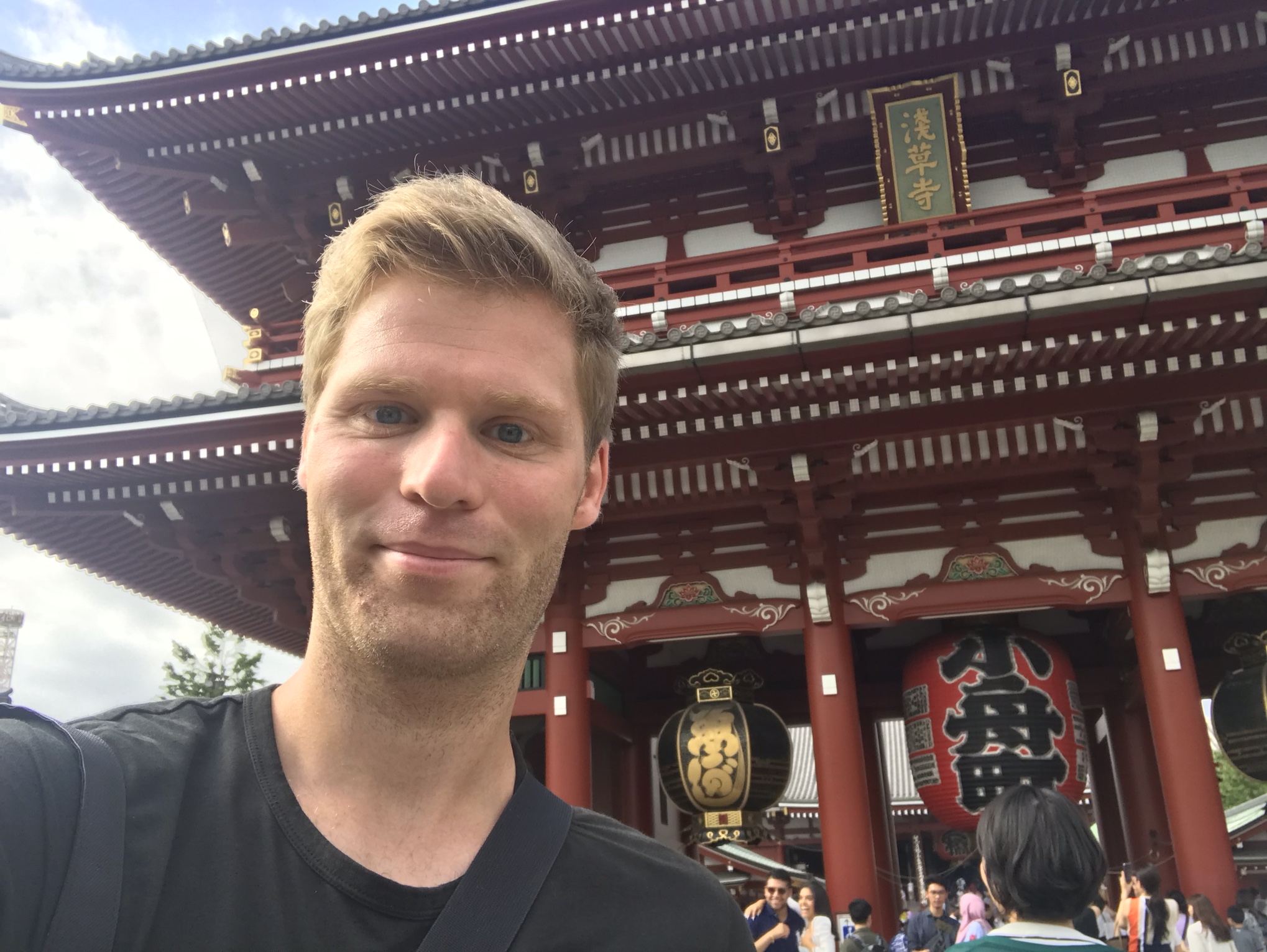
Associate Professor Florian Kock at CBS has developed a cool tool that can help cities understand and measure their coolness. Based on his study that revealed cool cities are perceived as authentic, rebellious, original, and vibrant, his new tool can help cities pinpoint where to take action to keep cool, he claims.
What makes a city cool? That was what Florian Kock asked himself when traveling about in Australia while working on his Ph.D.
“As I was driving around in Australian cities like Sydney and Torquay where people were riding the waves, and surfer brands like Billabong and Rip Curl were everywhere you looked. I thought to myself that these spots were pretty cool, and this was when the question popped into my mind,” he says.
And now, after conducting numerous interviews and collecting and analyzing survey data, the answer is ready in his research article “What makes a city cool? Understanding destination coolness and its implications for tourism”, published in the journal Tourism Management.
In the article, Florian Kock identifies what makes a city cool in the eyes of tourists while also presenting a multi-dimensional scale that can be used to measure a city’s coolness rating. It can also be used as a tool for transforming cities from being uncool to cool.
Coolness is something that’s very hard to grasp
“If, say, the Destination Manager of VisitAarhus wants to know whether the city of Aarhus is considered cool or uncool and why, she can now use this tool to get the answers and take action,” he says.
But exactly where The Big Apple, Wonderful Copenhagen or The City of Dreams are ranked on the list of the coolest cities of the world has yet to be unraveled.
The source of city coolness
Florian Kock’s research project is the first of its kind to address what “destination coolness” is and what attributes characterize cool cities.
“In tourism research, we have always used image constructs to explain how cities make themselves appear in positive ways. However, the coolness aspect has always been neglected. Mainly because it seems impossible to measure offhand,” he says.
Therefore, he started with a completely blank page and the blurry term “cool” itself.
“Coolness is something that’s very hard to grasp and to define because it’s a subjective evaluation. What is cool for some people is totally uncool for others. And that is very important to understand. But the sources of coolness are not subjective, but objective – the very reason why people think a city is cool,” says Florian Kock.
And according to the Associate Professor, the sources contribute essential underlying knowledge.
By authenticity I mean that a city is cool when it’s true to itself
“It’s easy to get an answer from a layperson whether a certain city is cool or not. But that doesn’t explain why the person perceives the city as cool or uncool. Therefore, it’s important to dive into the source of the coolness. And if you know the source of something, you can create that something yourself,” Florian Kock says and goes on:
“In other words: If you know what makes a city cool, you can make uncool cities cool. Thus, understanding the source of coolness gives us a management instrument we can work with. And that’s exactly what I want to provide in this study.”
Four dimensions of cool
And so, after conducting interviews and collecting data from surveys containing information on the sources of coolness, he condensed it all into four separate dimensions. He found that cool cities are perceived by tourists as authentic, rebellious, original, and vibrant.
“By authenticity I mean that a city is cool when it’s true to itself and does not pretend to be something it’s not. No one likes something uncool trying to be cool when, obviously, it’s not. The second dimension, rebelliousness, is when cities deviate from the norm, decide not to play by the rules and are seen as revolutionary in one way or the other,” Florian Kock says and continues:
“Then there’s the original dimension, which means that the city in question is considered iconic, meaning that it stands for something – like New York, which stands for freedom and opportunities. And, finally, vibrancy covers that in order to be considered cool, a city has to be lively and outgoing.”
Those points, he explains, comprise the four dimensions, and if a city lives up to all of them, the chances are that tourists will perceive it as a pretty cool one of its kind.
For me, Melbourne is a city that scores high on all four dimensions
And a city that complies with all four dimensions and thereby is a cool city from Florian Kocks perspective is, of course, Melbourne where it all started.
“For me, Melbourne is a city that scores high on all four dimensions because of its non-mainstream art and music scenes, unique blend of architecture and vibrant city life.”
Nobody wants a boring city
So, how can we use this knowledge? You might well ask. According to the Associate Professor, his multi-dimensional city coolness scale can be useful on several levels in business.
“A company’s origins play a significant role in how the company is perceived. That means that if the city is regarded as cool, the company might as well be. However, if your company is located in an uncool city, the opposite might be the case. But by using the scale, local industries can become wiser about the cities’ cool or uncool status and take action from there,” he says.
Nonetheless, the scale that Florian Kock has developed is especially applicable in the tourism and hospitality industry.
“When it comes to tourism, we know that people want to travel to cool cities. Very few want to take a vacation in a boring city,” Florian Kock says and continues:
“Local tourism offices, museums, restaurants, souvenir shops and hotels can punch in and measure their own city on my scale and figure out which of the four coolness dimensions they do well on and which ones they should probably invest more time and money in to increase their overall level of coolness.”
The million-dollar question then is: Which city is the coolest of them all? But that’s the next question in the pipeline that Florian Kock has just begun answering.
“At the moment, I’m working on creating an online index that ranks all the biggest cities in the world from the coolest to the most uncool. Though, in order to do that, I need to collect much more data,” says Florian Kock, adding:
“However, from the interviews I made for this latest study, I can say that Amsterdam, Tel Aviv, Copenhagen, Berlin, New York and Stockholm could be potential candidates among the coolest cities in the world. But we’ll have to wait and see.”



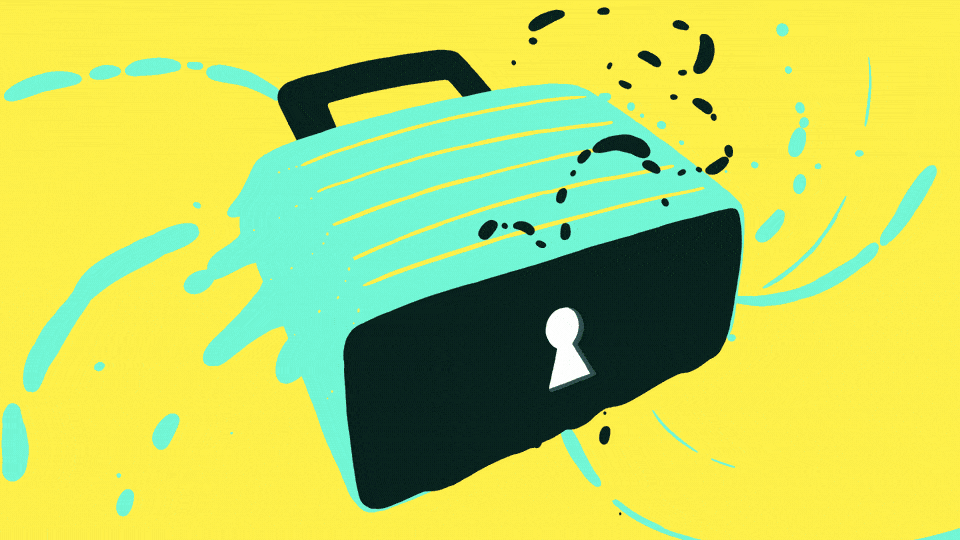

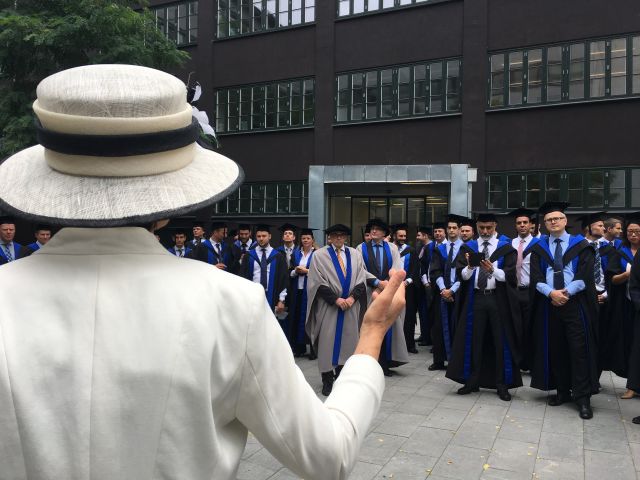
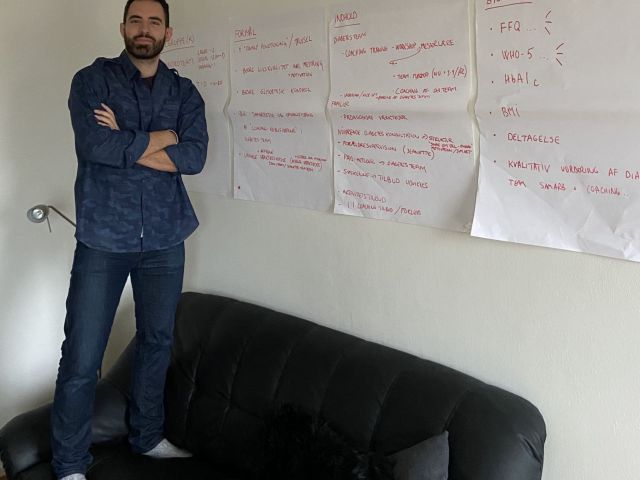
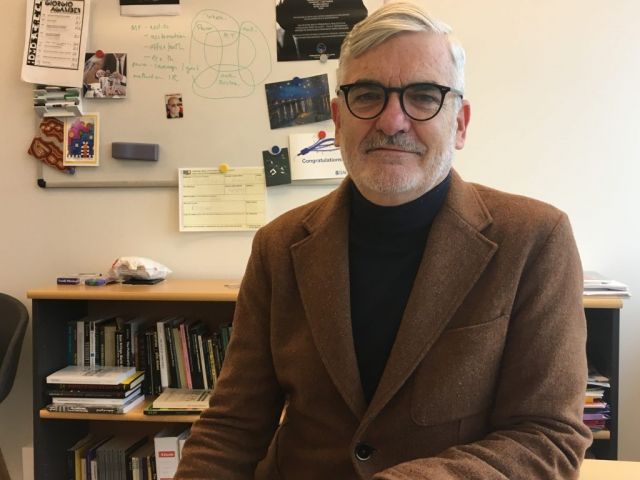




























































































































Comments